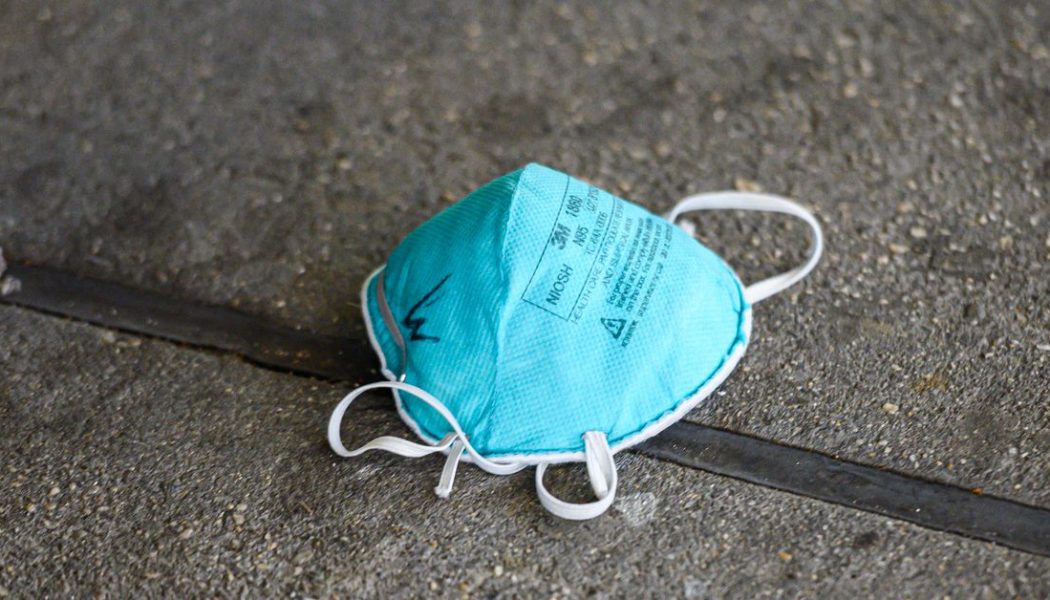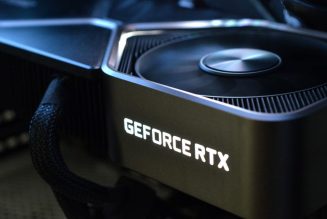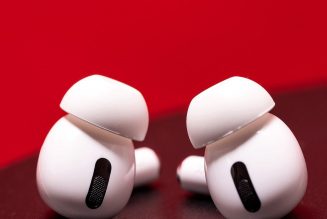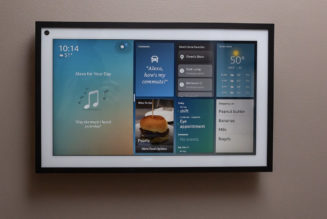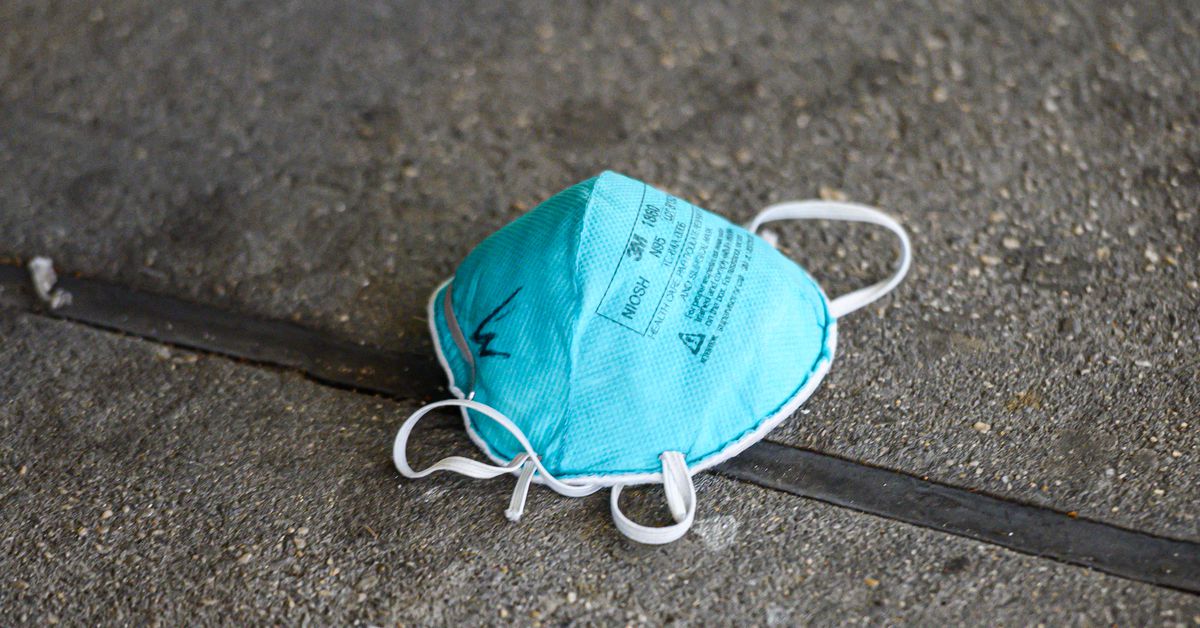
As the coronavirus spread across the US this spring, authorities warned people not to purchase N95 respirator masks, lest they contribute to a shortage of the masks for medical personnel. The N95 respirators are considered the most effective masks to filter out droplets in the air that may transmit the virus. Sites like Amazon suspended sales of N95 masks to the general public and cracked down on sellers who tried to sell counterfeit versions.
But a ProPublica investigation uncovered an operation in Texas that was repackaging masks marked as “prohibited” for medical use into unlabeled bags. A man who answered an ad for a TaskRabbit gig told ProPublica what he witnessed:
…five or six other “Taskers” earning about $20 an hour were ripping Chinese masks out of plastic bags and stuffing them into new ones that were identical but for one potentially deadly difference. The old packages were labeled in all caps “MEDICAL USE PROHIBITED,” meaning not to be used by doctors and nurses who need the strongest protection from tiny particles carrying the novel coronavirus. The new bags, intended to make their way to Texas hospitals, simply omitted that warning.
According to ProPublica, the people behind the operation— a Silicon Valley investor and his business partner— used TaskRabbit and payments over Venmo to relabel the masks with the intent of selling them to emergency workers in Texas. They had a stockpile of KN95 masks made in China, which are similar to the N95s made by 3M, but which often fail to pass regulatory inspection for use in the US.
The 6-foot stack of boxes were labeled as coming from a Chinese manufacturer, Guangzhou Aiyinmei Co. Ltd., which had been identified by the FDA as one of the companies producing ineffective KN95s. The masks filter as little as 39% of particles, according to testing by the Centers for Disease Control and Prevention. They’re so ineffective that Canada issued a recall. The FDA had hastily approved them and others for health care use at the beginning of the pandemic, but it changed its mind last month, even as millions of the masks circulated in the US.
There was apparently some confusion about whether KN95 masks were allowed in the US or not, since the FDA had changed its guidance on their use. Ultimately, thanks in part to ProPublica reporter J. David Swaine’s probing, the operation didn’t sell any of its repackaged masks to customers in the US. But the article shows the gaping holes in our medical supply chain and is an example of the kind of dogged reporting on infuriating topics that is ProPublica’s trademark. Go check it out here.
